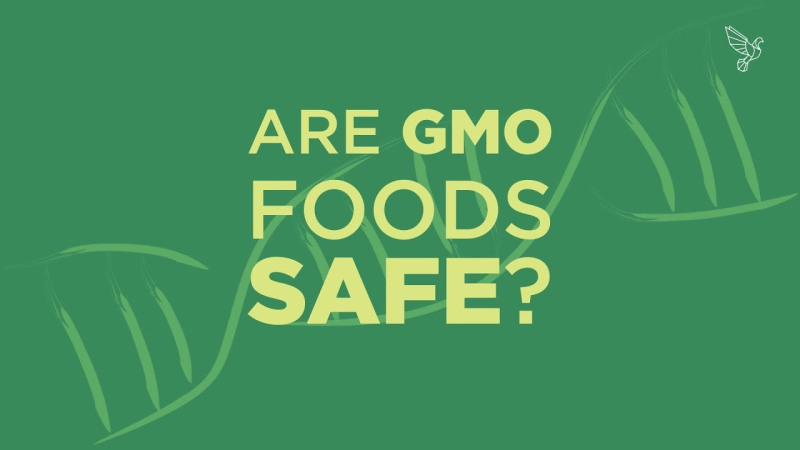Thirty years after tomatoes became the first genetically modified produce sold in the U.S., lots of people remain skeptical of science-ified foods. In a 2020 Pew Research Center survey, just 27% of Americans said they felt genetically modified foods are safe to eat, while 38% said they’re unsafe and 33% weren’t sure.
People in the U.S. and Canada have been eating GMOs for decades, whereas they’re consumed less frequently overseas. If GMOs were linked to serious health problems, researchers would expect to see them reflected in comparisons of the health of North Americans relative to Europeans. But “when we look at the data,” [agriculture Professor Fred] Gould says, “we don’t see any signs.” Indeed, researchers have found no evidence of GMO-related increases in cancer, obesity, kidney disease, gastrointestinal issues, autism, or food allergies in the U.S. and Canada versus Europe. Research in animals has also shown no evidence that consuming GMOs causes genetic mutations, organ damage, or fertility problems.
“We’re very careful about saying there are no effects. We haven’t found any effects,” Gould says. There’s always a chance new risks could come to light with time, he says, but he feels that’s unlikely based on what the science has shown so far.































